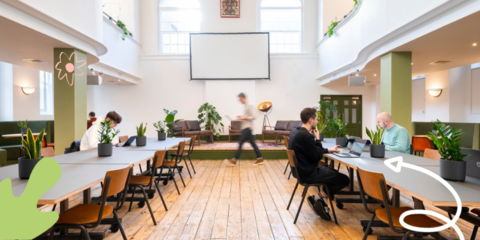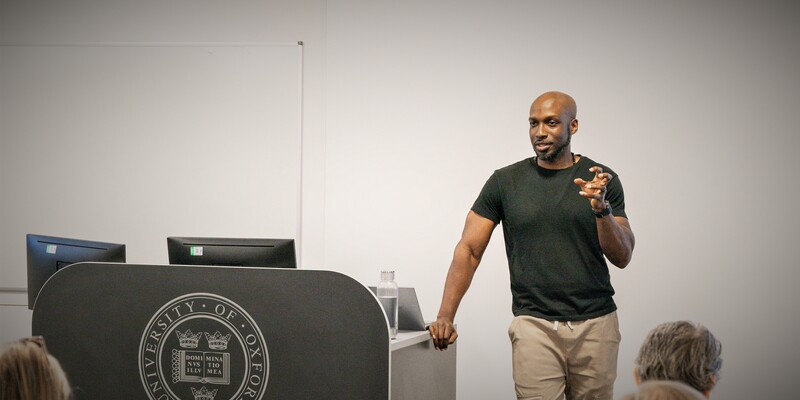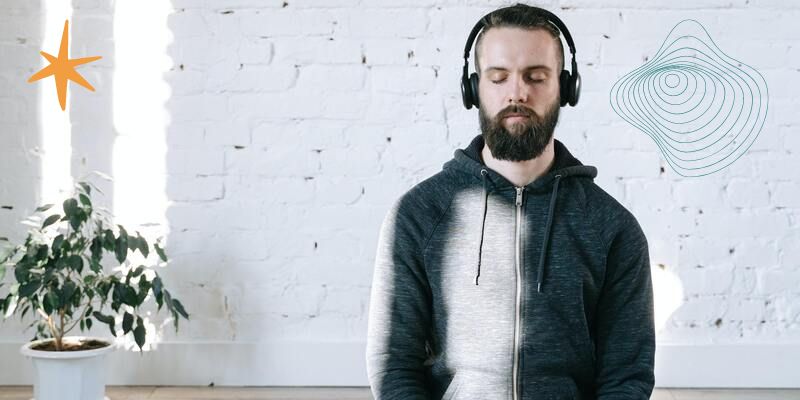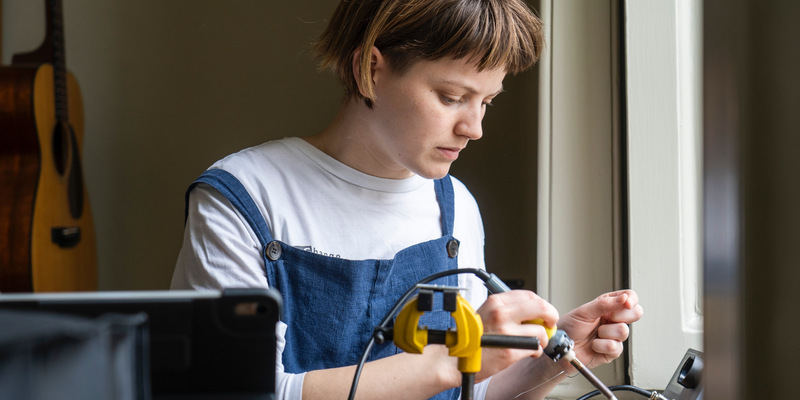Natural stress relief and improved focus in just 40 seconds


By Andy Penfold
•
May 19, 2023
Most people know instinctively that time in nature makes you feel… something. Whether you’re a park runner, a wilderness hiker, or just a fan of an ocean view, you know that spending time in natural settings is good for you.
Writers like Steinbeck, thinkers like Einstein – they’ve all sworn by the power of nature to make their brains tick.
This understanding isn’t an airy fairy hippy mind trick being played on your emotions. There’s loads of brain science that backs up the idea that nature makes you feel nice.
Discover the creative benefits of being in nature
Ode to the Outdoors:
how to spark your creativity by getting outside
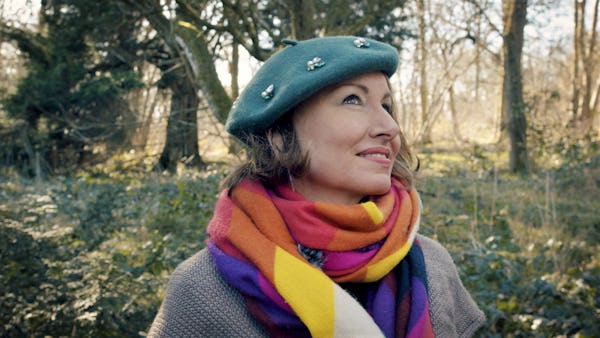
Once a scientist knows a fact, they tend to like to quantify things. So there’s also a bulk of research that looks at how much nature you need to make a difference to your life. And the results are surprising.
There’s a wide variety of studies. There’re even studies that suggest you can benefit from nature without even going to a natural space. Yep, there’s evidence that just looking at a picture of some greenery, for less than a minute, can lower stress and enhance your ability to concentrate.
Given that simply gazing at (what essentially amounts to) a screensaver can boost your brainpower, imagine what actual real nature could do for your mental abilities?
Let’s take a look at the evidence – how much time in the wilds you need, how much you can get away with, and what the benefits are.
Nature and focus: introducing Attention Restoration Theory
We’ll start with the meaty stuff – whether time in natural settings can make you perform better at work. The overwhelming output from the research community is HELL YES: natural environments enhance your ability to concentrate, decision-make, and go error-free as you work.
Much of the research is based on Attention Restoration Theory. The brainchild of Rachel and Stephen Kaplan in the late 80s, Attention Restoration Theory proposes that paying attention to nature is effortless. There is something in you that intrinsically immerses in natural experiences, when you’re given the chance.
This intrinsic fascination means everyday stressors are dialled down in your experience, and your ability to deliberately concentrate on something is restored.
This is one of the reasons we offer Awe Walks – our active meditations. The idea is that by getting outside and switching off your cerebral side, you can restore your ability to pay attention. It’s a genuinely productive break.
ART research
So how did the Kaplans prove their theory? Well, there have been studies since the late 80s looking into it.
For example, a band of scientists called Hartig, Mang and Evans gave people a tricky mental test, and then sent them on holiday. Half the people went on a city break, while the other half went to the wilderness.
Guess what? The ones who went to the wilderness outperformed the city breakers when they got home and re-sat the tricky task they’d been set before their trips.
Discover the hidden benefits of walking
The hidden art of walking: how to procrastinate less
and produce more
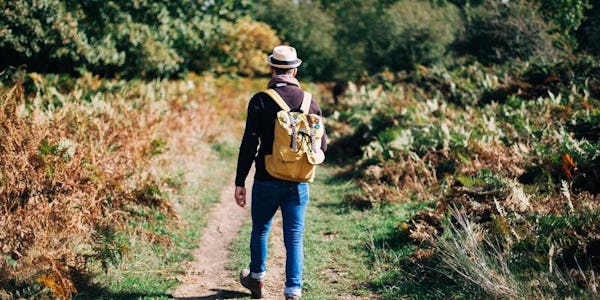
The effects of 40 seconds of greenery
So how far can you take ART? Well, one study at the University of Melbourne pushed it to extremes, and STILL found restorative effects. Participants were given a menial task that required them to concentrate. After five minutes, they were given a break – an image of a rooftop flashed up on the screen.
Half the participants saw a plain concrete roof, the other half saw a roof garden. The latter group saw a 6% performance improvement, while the concrete crew saw an 8% drop in performance.
"Those who contemplate the beauty of the earth find reserves of strength that will endure as long as life lasts."
What ART means for your work
Knowledge is power, right? Now you have your inkling that nature is good for you backed up by hard science, you can take action.
Studies into wellbeing and nature show that two hours per week is a sweet spot at which people get mental health benefits. That’s good to know. But as the studies discussed above show, concentration and focus can be impacted by much less than that.
Shape your breaks around walks in your nearest park.
Watch David Attenborough on YouTube at lunchtime, rather than the news highlights/lowlights.
And next time you’re booking downtime destinations, remember the intrinsic value of nature and the lessons learned thanks to ART.
FLOWN can help. Our products are designed to help you get the best out of your brain. Join now and explore Quests, our active meditations that get you using your brain differently.
And check out our FLOWN Away collection of properties – stays curated with your restoration and concentration in mind.







